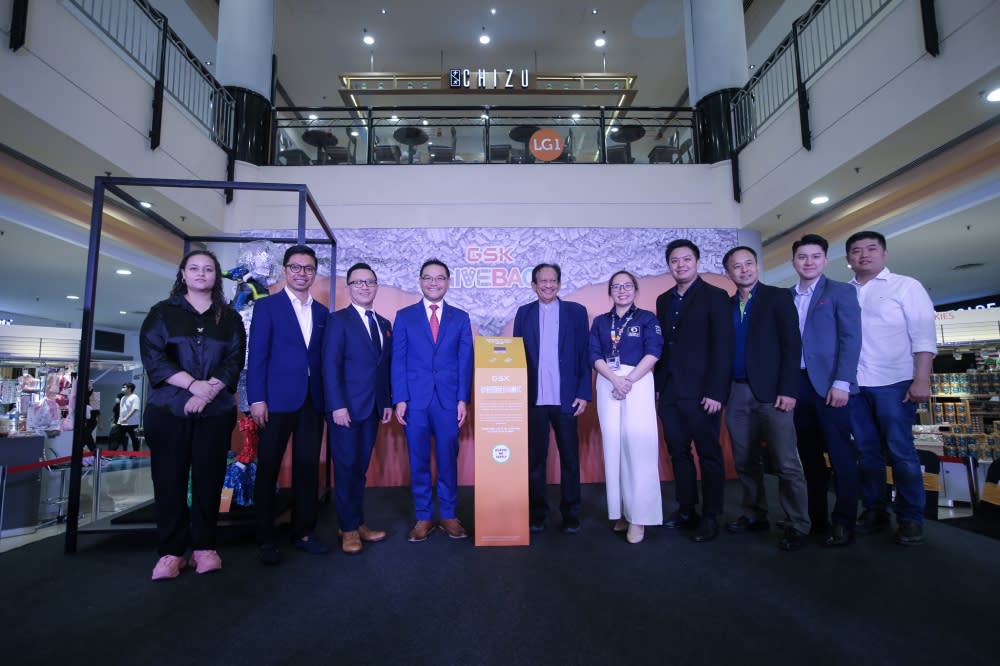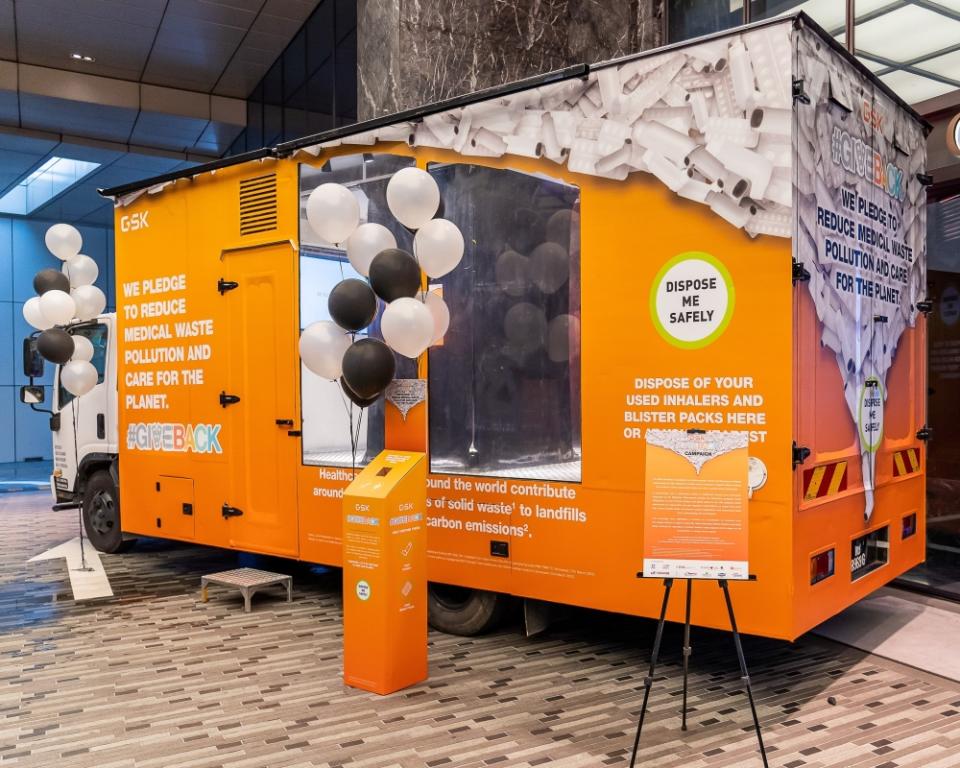GSK Malaysia urges public to #GiveBack used asthma inhalers, medical blister packs for proper disposal

KUALA LUMPUR, June 15 — Asthma inhalers can save a life, but once used and disposed of improperly they can end up releasing toxic gases that can destroy the environment.
A 2019 British Medical Journal (BMJ) study showed that metered dose inhalers (MDI) can produce up to 300 balloons of greenhouse gasses over a 200-puff lifetime.
Asthma inhalers and blister packs meanwhile contributed to 57,400 metric tonnes of clinical waste recorded in 2022 by the Department of Statistics Malaysia (DOSM).
If not properly disposed of, inhalers and blister packs pose a danger to the environment and possibly the health of other humans.
With that in mind, GlaxoSmithKline Malaysia (GSK) in collaboration with the Malaysian Pharmacists Society (MPS) is spreading awareness of the issue with their #GiveBack campaign.
The campaign will mark GSK Malaysia’s second Environmental, Social and Governance (ESG) campaign, the first being in 2022.
Partnering with local pharmacies such as BIG Pharmacy, CARiNG Pharmacy, Alpro Pharmacy and FirstCare Pharmacy among others, GSK #GiveBack bins will be placed at over 600 collection points in partner pharmacies, hospitals and clinics for Malaysians to properly dispose of used, expired, or unwanted asthma inhalers and blister packs.
Additionally, the GSK #GiveBack Roving Truck roadshow will display an art installation created in collaboration with The Design School at Taylors University at key locations in the Klang Valley from June 17 to 26.

GSK Malaysia’s #GiveBack campaign aims to spread awareness on how medical waste, if not properly disposed, can harm the environment. — Picture courtesy of GSK Malaysia
“Inhalers and blister packs are not just like any other trash,” GSK Malaysia and Brunei Communications Director David Lin told Malay Mail at a media event yesterday.
“Blister packs can contain remaining tablets, inhalers can also contain residue.
“In order to properly dispose of them, we use a high-intensity incinerator and control the amount of carbon emissions produced using advanced technology. This way they don’t end up being openly burned in landfills.”
MPS president Prof Amrahi Buang urged the public to take responsibility as he believed the medical waste generated post-Covid-19, is a serious issue.
Emphasising patient awareness and medical literacy, he said he believed that GSK’s campaign will help to educate the public on the impact of their carbon footprint.
“The country needs to have a proper policy to manage this, one of the main pillars being a public and private partnership,” he added.
GSK Malaysia and Brunei Vice President and General Manager Dr Jonathan Pan stressed GSK’s commitment to achieving global sustainability goals of net zero impact by 2030.
“At the end of the day, all of us have a part to play because this only works if we all make an effort.
“All of us are stakeholders and custodians of the future, and it starts with learning to do better in our sustainability efforts.”
For more information on the #GiveBack campaign, click here.



